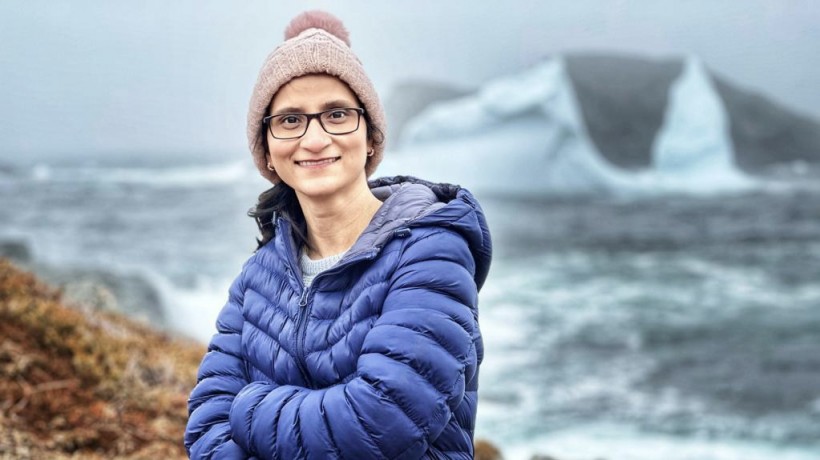A St. John’s company has devised a seaweed-based solution to one of the more stubborn and widespread forms of waste generated by universities: single-use laboratory plastics.
BioLabMate, founded by Memorial University biochemist Sarika Kumari and process engineer Sanjay Dubey, has created technology for converting kelp into recyclable, biodegradable plastic products. The company’s technology is currently undergoing testing by ASTM International — a standards organization that sets requirements for properties like heat resistance in laboratory gear.
“I’ve been working in research labs for 15 years by now,” said Kumari in an interview. “So I’ve seen firsthand how these facilities generate thousands of individual plastic pieces each month.
“We are trying to make a seaweed bioplastic that stands out as a promising alternative. They are renewable, they are biodegradable and they have less environmental impact than any conventional plastic that we are using right now.”
Laboratories typically rely on single-use plastic products for many of their tools because hygiene standards require they be replaced frequently. Compounding the problem, Kumari added, is the fact that most Canadian universities she has worked with have no specific recycling program for lab waste; used plastics are typically discarded straight into the garbage. The lone exception she has found to that pattern is the University of British Columbia, which has a more robust recycling program.
“We have interviewed hundreds of customers,” said Kumari, “That has included medical facilities, companies, and it was not limited to just the Atlantic provinces. We also talked to people in the U.S.A. and elsewhere in Canada.
“What we found was there is no recycling strategy for these conventional plastics.”
BioLabMate recently completed the winter cohort of Dalhousie University’s Lab2Market accelerator, which specializes in helping academic researchers commercialize their innovations, and are now participating in the university's Emera ideaHUB BUILD program. Much of the customer discovery work Kumari and Dubey have been doing started with that program, but has continued since. Now, they have also joined Memorial’s Genesis startup hub.
And last week, the company was one of four to win industry group the Ocean Startup Project’s Ocean Communities Climate Challenge, which came with a combined $22,500 for the quartet of victors.
So far, BioLabMate has raised about $40,000 of non-dilutive funding, including $10,000 from the ideaHUB, and Kumari said she and Dubey have tentative plans to pursue additional fundraising — or possibly an NRC-IRAP grant — around the end of this year.
Once the product is ready to commercialize, she added, it will be sold through distributors and university research supply stores.
“(Incumbent lab supply companies) don’t sell directly,” said Kumari. “They have their distributors and suppliers, so we need to go with that channel. And what I learned in the university setup is that they always have a separate chemical store for the people who purchase for the lab.
“So first we need to connect with the university stores, and then we connect with the distributor.”










